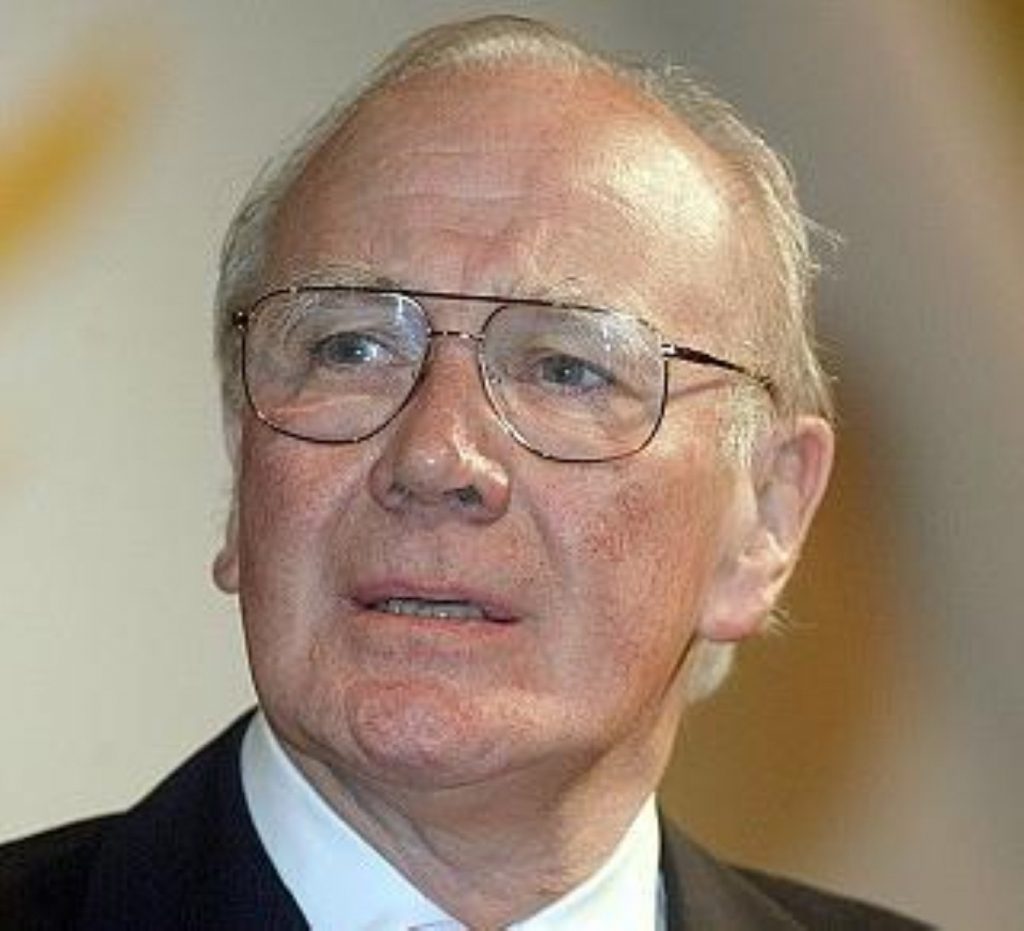Stop and search ‘overused and ineffective’
Police powers to stop and search are overused and will do little to prevent terrorism, the leader of the Liberal Democrats argued today.
Speaking to Muslim community leaders at a mosque in Birmingham, Sir Menzies Campbell warned indiscriminate powers to stop and search risked alienating minority communities and had been overused to little effect.
Intelligence led policing, not stop and search, is necessary to detect and prevent terrorism, Sir Ming argued.
“The police and security services must be unrelenting in their determination to track down those who plot terror attacks,” he said, warning: “Indiscriminate stop and search is alienating minority groups who often feel unjustly targeted.”


Under the Terrorism Act 2000, more than 166,894 people have been stopped and search but just 40 convicted of a crime, the Liberal Democrats claim.
This means police have stopped and searched 4170 people for each conviction secured and 148 searches per arrest, Sir Ming added.
He continued: “Anti-terrorism powers are meant to be exceptional powers, used occasionally and only when circumstances demand it.
“The fact that so many people have been stopped, and so few arrested, suggests that the powers are being used as part of standard policing techniques.”
The Lib Dems call for an urgent review of the powers leading to a more “sensitive and effective” use of stop and searching, “freeing up police to focus on counter-terrorism operations that actually work.”
To further secure terrorism convictions, the House of Lords has been pushing for phone tap evidence to be used in court.
Lord Lloyd last week introduced his private member’s bill Interception of Communications (Admissibility of Evidence) bill, calling on the government to allow intercept evidence to be used in court.
The independent peer claimed the idea criminals would stop using phones to coordinate plans if they knew evidence could be used against them was “farcical”, adding there are ways to prevent the police disclosing all their intelligence sources.
With support from Liberal Democrats and Conservative peers, the bill received an unopposed reading but will not become law without government support.
Britain is rare among western nations for not allowing intercept evidence to be used in court. It is argued that doing so would jeopardise the availability of evidence.









